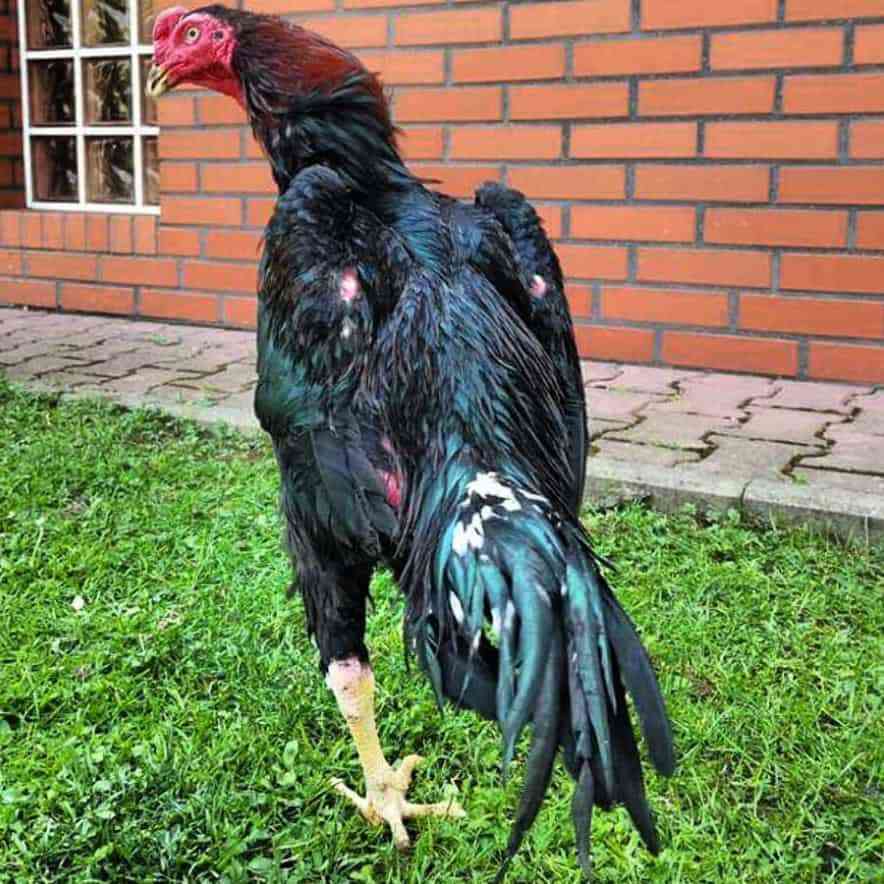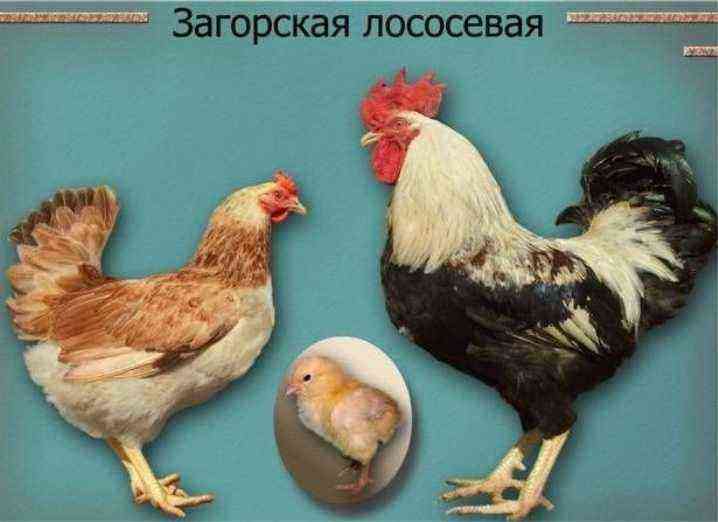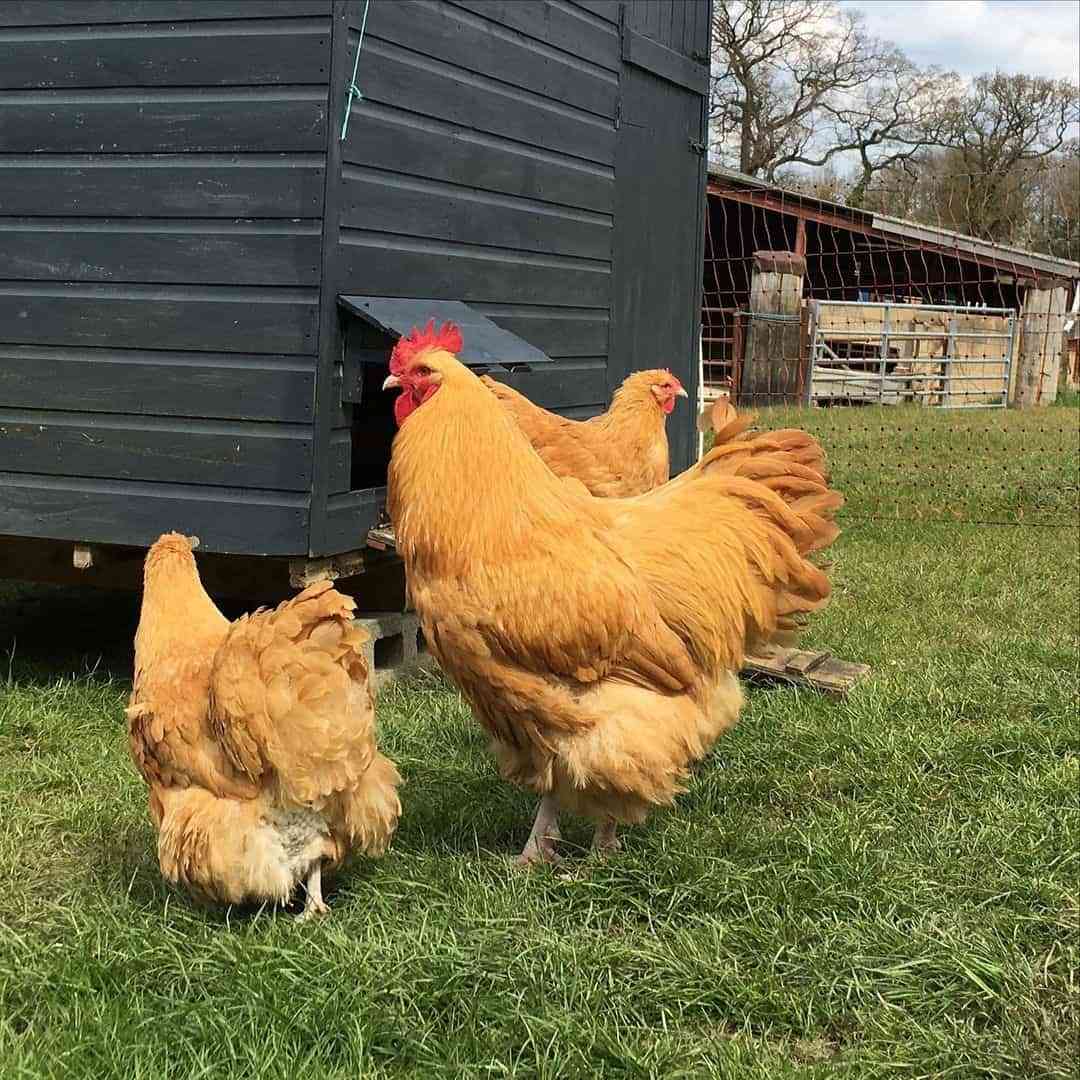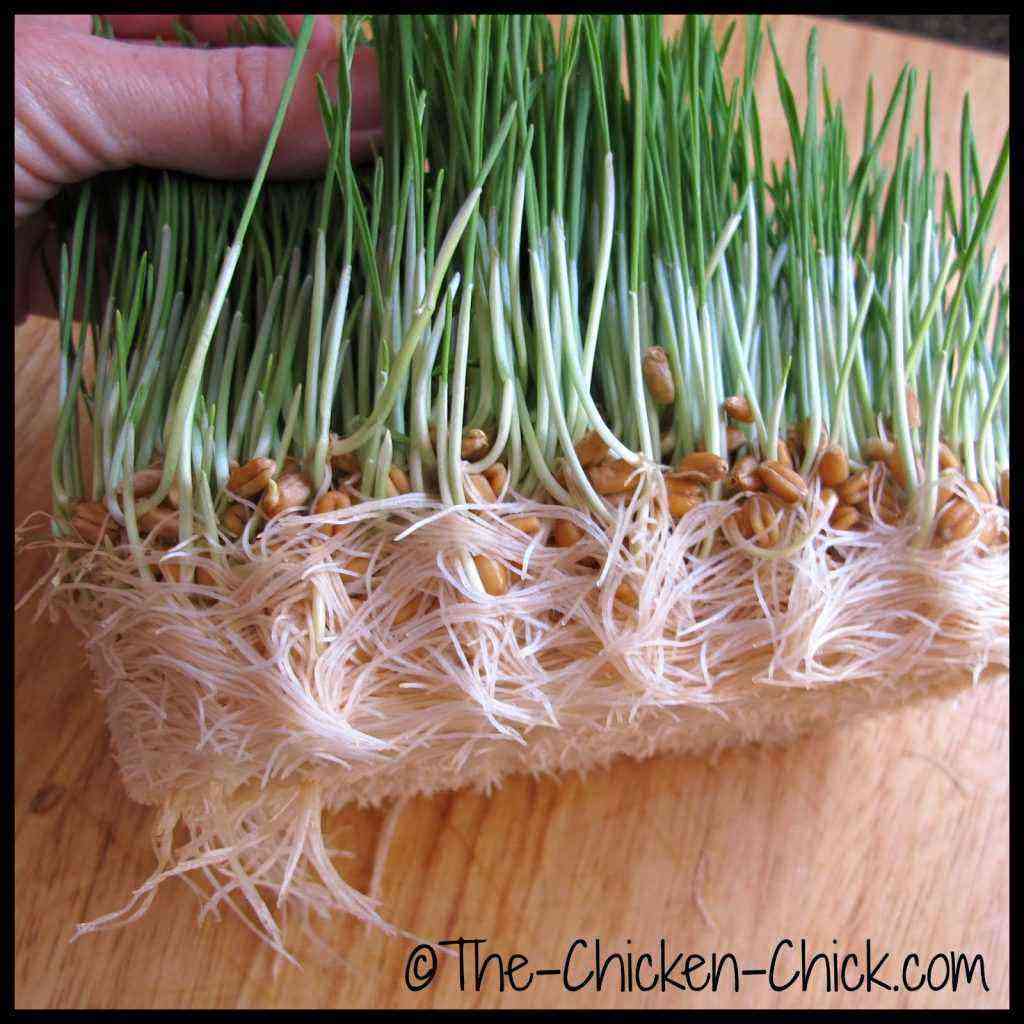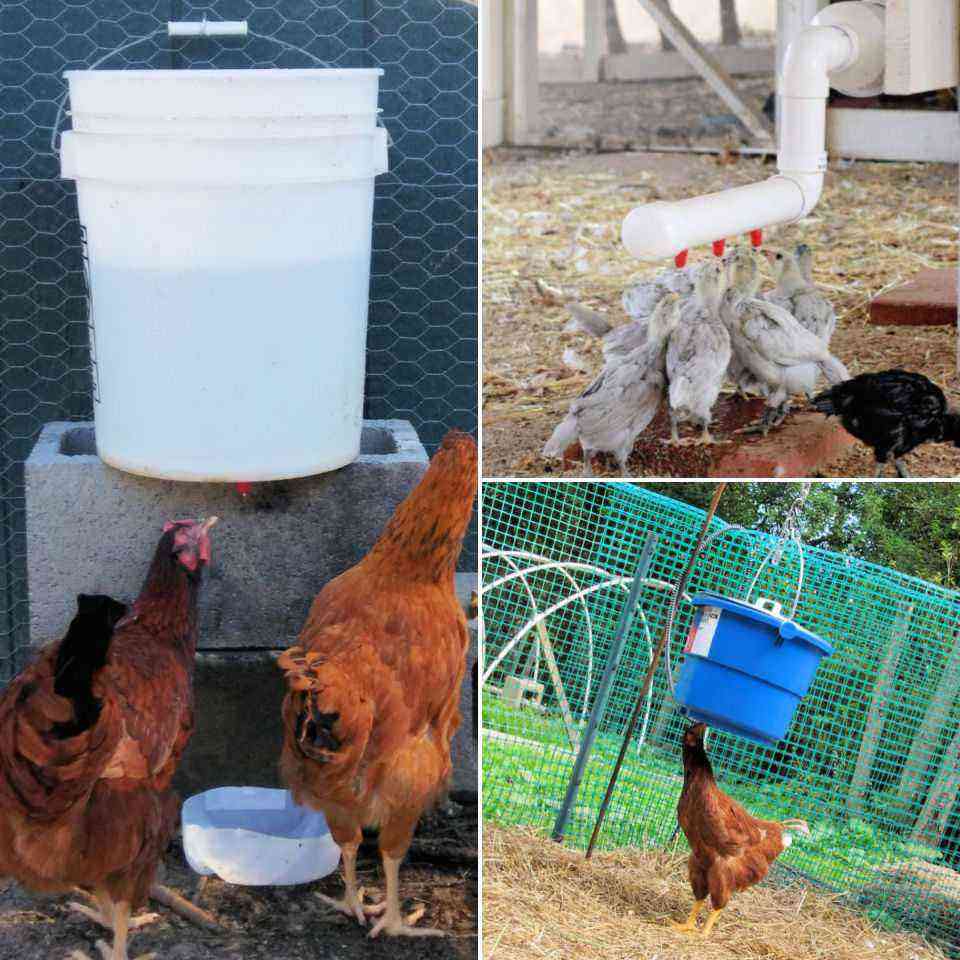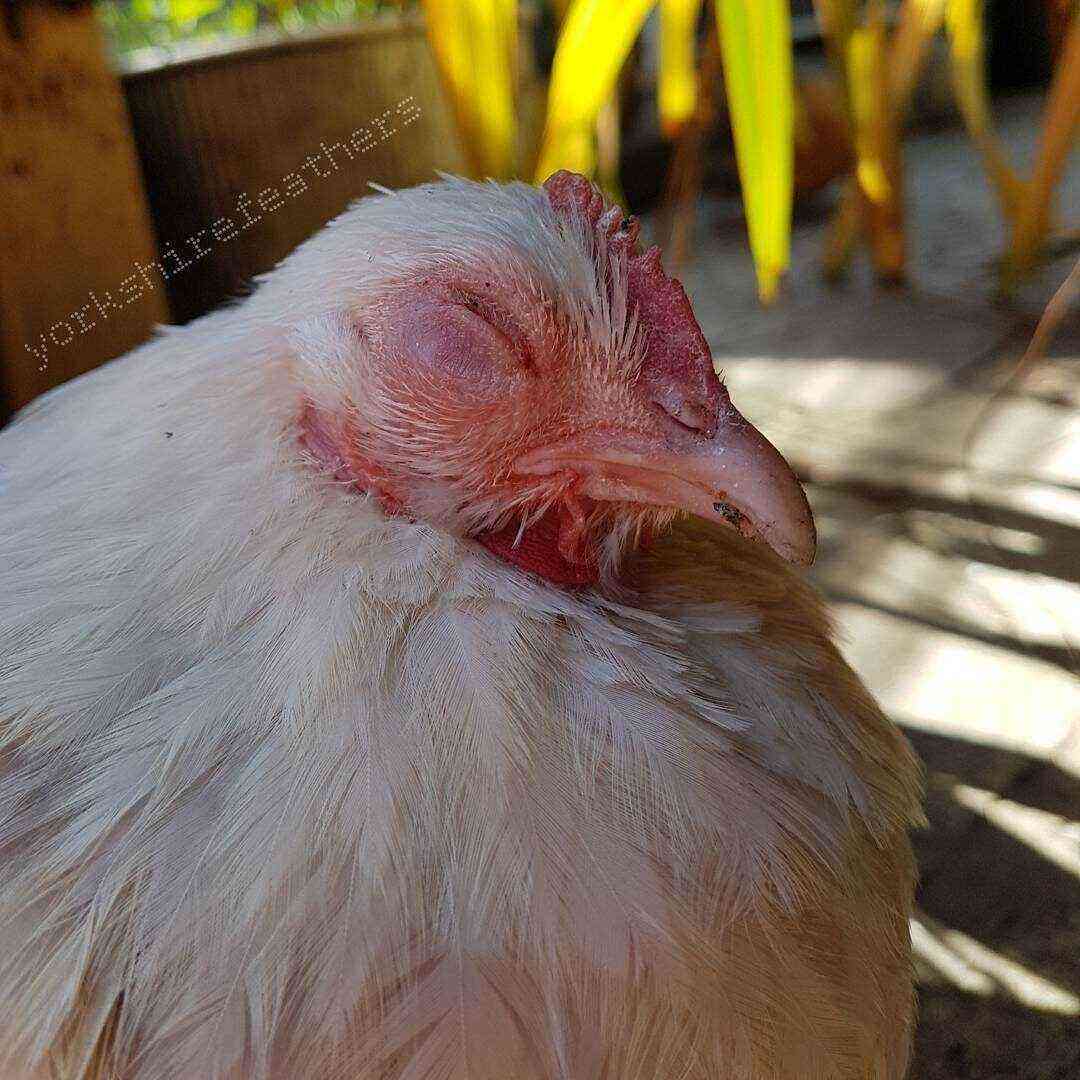Despite the widespread availability of chicken meat and eggs, many still continue to have poultry. In order for them to be healthy and please their owners with delicious eggs, you must regularly give them vitamins. Especially in winter, when birds are not able to get them from the grass.
What are they for?
Vitamins for chickens are needed by almost all poultry. Both young and older layers should receive them in the right amount. Thanks to this, they will not only be carried well, but also look healthy and strong. Besides:
- birds will have resistance to various diseases;
- will be able to avoid depletion of the body with high productivity;
- the work of the immune system of poultry will improve;
- the absorption of products by the body will improve;
- the removal of toxins and slags will be accelerated.
Vitamin supplements will not only increase the productivity of chickens, but also help to keep the entire livestock, because the birds will not get sick.

List of useful elements
You can take care of your chickens using both natural and synthetic vitamins. If a person decides to harvest them on his own, then this should be done in the summer. So, you can dry nettles, amaranth stalks. EIf this is not possible, then you need to buy everything in special stores.
It can be BMVD or, in other words, protein mineral vitamin supplements. They contain all the necessary vitamins, proteins and minerals. Such additives can ensure the productivity of laying hens, increase their resistance to various diseases. It can also be special premixes. Most often they are intended for a certain age of chickens. In addition, calcium borgluconate solution can be given from a very early age. It can also be given to adults with beriberi or rickets. Chloride is also needed to keep chicken livers healthy for a long time.
Vitamins are divided into dry and water-soluble. The former are usually added to dry food, while the latter are dissolved in clean water.


Natural
Those who make do with these vitamin supplements need to know what foods contain them. available and why they are needed.
- Vitamin A chickens are required from the very first days of life, as it contributes to the normalization of metabolism. It is found in dandelions, carrots, cabbage or ordinary woodlice, which can be found in every household plot. If you give chickens any of these foods, then their eggs will be larger, and the yolk will be brightly colored.
- Vitamin D deficiency primarily affects the eggs. Their shell becomes very soft and thin, in some cases it is completely absent. You can fill its deficiency by releasing chickens in the sun or adding ordinary yeast or fine hay to food. For small chickens, chopped protein or fish oil is suitable.
- B vitamins, for example, B1 or B12, are responsible for several functions at once. First of all, this is the development of muscles in young animals, the normalization of the endocrine system, as well as the synthesis of the digestive tract. They are contained in products such as beans or soybeans, cottage cheese or ordinary yogurt, fishmeal or simple bran.
- In addition, vitamin B2 or riboflavin is found in simple foods like beet greens or plain green grass. For the winter period, these products can simply be dried.
- Vitamin V6 responsible for the growth of chickens. It is found in foods such as sunflower seeds. You can give meal instead.
- If there is not enough vitamin E in the body of the chicken, the eggs will be infertile. And this means that chickens will not hatch from them. You can replenish such a vitamin reserve with the help of ordinary nettles or greens. These products can be given fresh or dried for the winter.
- Vitamin K needed by the body for proper blood clotting. You can find it in foods like cucumbers or asparagus, or any dark greens.


Synthetic
You can replace all natural vitamins with synthetic supplements. They are sold separately or you can purchase special multi-complexes. They include everything you need for birds.
- Vitamins A and E found in preparations such as retinol or tocopherol. With their help, you can ensure the normal development of young animals. Each chicken needs to be given such vitamins, however, if a person does not have time for this, they can be added to water or mixed with feed.
- The composition of “Trivitamin P” includes vitamins such as E, A, and D3. Most of all, this drug helps with beriberi. You can give it from the first day of the chick’s life. For 1 individual, it is necessary to give 0,5 milliliters per day for 1 week. For prevention purposes, chickens can be given once a week.
- Often the first aid kit for small chickens includes “Chiktonik”. It contains 8 vitamins, as well as 18 different amino acids. It is necessary to give it to chicks only from the third day of their life in a diluted form. So, for 1 bucket of water you will need 4 milliliters of this drug. Such a probiotic immediately provides the younger generation with everything necessary for growth, and also strengthens their immune system.
- In addition, you can give a drug such as “Prodevit”, which includes vitamins D3, A and E. You can give it from the first day of life of the chicks, 1 drop each. For preventive purposes, you can give the bird 1 time in 2 weeks.
- “Aminovital” is another drug, which includes vitamins such as B, E, A, C. In addition, it also contains mineral salts, as well as amino acids. Most often, such a drug is used after the bird was given antibiotics. Can be given with water or dry food.
- We can not leave aside such a drug as ascorbic acid. It must be given together with food – it is enough to mix 1 kilogram of food with 50 ml of the drug. With the help of this supplement, the immunity of chickens increases, as well as their viability.
Recommendations for selection
Each person can give preference to both natural vitamins and synthetic ones. The main thing at the same time is to make the right calculation, because both their deficiency and overdose will be harmful for the bird. If, nevertheless, preference is given to synthetic drugs, then it is necessary to look for the following components to be included in their composition:
- yeast;
- various amino acids;
- oil;
- organic acids;
- fodder immunoglobulins.
Such complex premixes are sold for both chickens and broilers. With their help, you can not only strengthen the immune system of the young generation of chickens, but also save the birds from the need to take antibiotics.
If you just need to balance the diet of your layers a little, then any, the simplest premixes, will do. The only thing you need to pay attention to when buying is the age category. Indeed, for each period of the life of chickens, you need to buy separate drugs. In addition, all vitamin supplements are divided into categories. For laying hens, the additives are the same, and for broilers, the premixes are completely different. In addition, it is necessary to look so that the appearance also corresponds to reality. That is, it must be homogeneous and when opening the package, a characteristic smell of vitamins should come out of it. You also do not need to buy additives that include flavors, as this is very harmful to chickens.


Feeding rules
At home, chickens get more natural vitamin supplements – this is especially true in the summer, when there is enough greenery outside. But in winter, as well as in spring, it is necessary to diversify the diet of your wards and give them vitamin supplements or complexes. To know the exact dosages, you need to familiarize yourself with the simple rules of feeding on your own or simply contact a specialist.. But still, special attention should be paid to chickens in winter.
Cereals
The main feed in the diet of chickens should be grain. It could be wheat or corn. You can give it both whole and crushed. These grains are rich in fiber, protein, and carbohydrates.

Proteins
Proteins are considered very important in chicken feed. Birds can get them in the form of cottage cheese, sunflower cake, various scraps from the table of their owners, dry herbal preparations.
If chickens are kept only for eggs, do not overdo the fish, as the eggs will then smell like fish.
pulse
For those chickens that are grown for meat, it is imperative to add legumes to the diet. It can be beans, and soybeans, and beans, as well as peas or lentils.


Flour
It is very convenient to add vitamin supplements to crushed grains. Flour that will be very useful for chickens is wheat, bean, barley, corn, rye, amaranth or any other.
Worst of all they eat oatmeal.
Vegetables
Both fresh and boiled root crops are considered an excellent vitamin feed, which significantly increases egg production in chickens. For example, they eat sugar or fodder beets, pre-boiled potatoes perfectly. Cooking potatoes is a must, because raw potatoes can contain such a toxic substance as solanine.
It can be seen even with the naked eye – the potato will have a green color.

Minerals
If poultry are indoors, especially in winter, then it is necessary to add minerals in addition to vitamins. They must be added directly to the prepared food. It can be crushed eggshells, and fresh slaked lime, and crushed shells, and simple small pebbles. In addition, iodized salt can be added to drinking water. This is another way to improve the condition of the bird’s body.
We must also remember that the period when the lime was extinguished should not exceed 6 months. Also, before serving, it must be mixed with sand in equal proportions. But the eggshell must be calcined so as not to bring any viral diseases.
In addition, when feeding at home, you also need to know which foods should be given in limited quantities or completely excluded from the diet. Such products include red beets, raw or salted fish.. Even boiled fish should not be given to your pets more than once a week, because this can lead to dehydration.
From all this we can draw the following conclusion: a healthy and strong chicken flock is half dependent on proper nutrition. The same applies to their egg production. With a well-thought-out and balanced diet, keeping chickens will bring not only pleasure, but also benefits.

In winter, when the lack of vitamins is especially noticeable, you need to especially monitor your wards. Vitamin supplements should also be added in the following cases:
- when the diet was changed;
- chickens were vaccinated;
- their place of residence has changed.
All these reasons are considered a cause for serious stress. And this, of course, harms the body. Therefore, poultry will need to improve nutrition and add vitamin supplements. The dosage must be calculated independently. In addition, water must be present in the diet of chickens.
Summing up, we can only say one thing: no matter what supplements you choose for your layers, they will bring almost the same benefits.
The most important thing is to correctly calculate the dosage, because only in this case the chickens will be healthy and strong.
For information on what vitamins chickens need in winter, see the next video.



